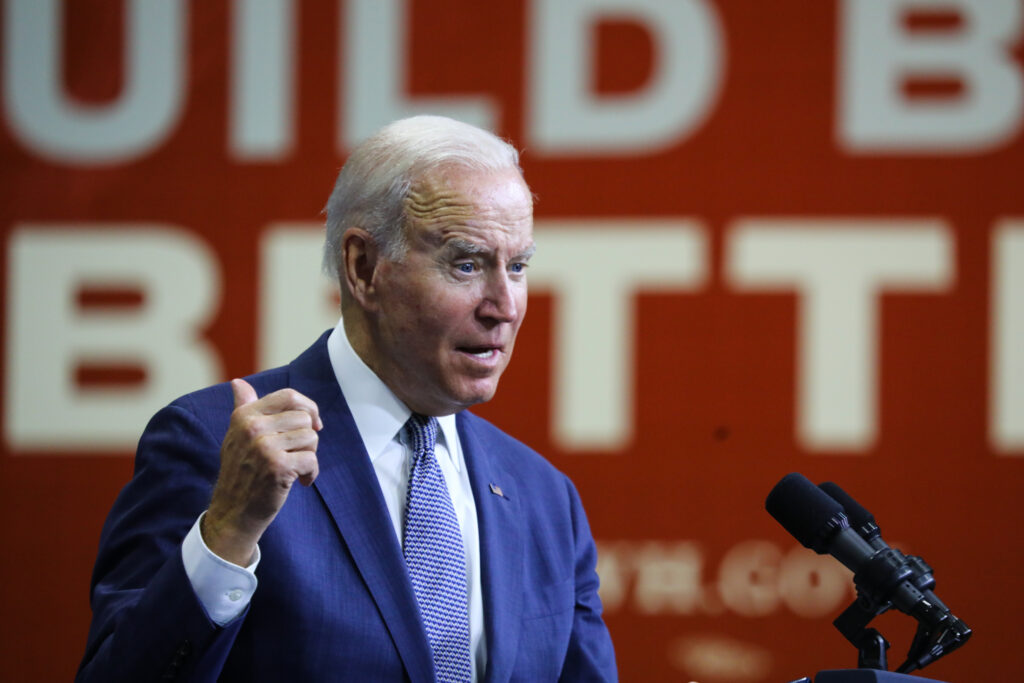Taxpayers are really going to get burned by their elected officials in Springfield this year. Headlines announcing a massive increase in cigarette taxes–a tax that already stands at nearly a dollar a pack– show just the tip of an iceberg.
The Tax Debate
Year after year, special-interest groups have campaigned in Illinois for higher income taxes in exchange for vague promises of temporary property tax reductions. Each year they have been rebuffed by elected officials who either courageously put the interests of their constituents ahead of those of the interest groups or fear the wrath of taxpayers, who routinely vote out of office public officials who vote for higher taxes.
This year, the tax-hikers have organized behind Bill 750, currently designated as Senate Bill 2. It would increase the state income tax on individuals from 3 percent to 5 percent and the corporate income tax from 4.7 percent to 8 percent. The law also would broaden the base of the state sales tax and tax some retirement income.
The tax hike would be a disaster for Illinois. At a time when countries across the globe have dramatically reduced their corporate income taxes, and in the U.S. some states are considering abolishing them, Illinois would be significantly hiking them. Jobs would leave the state. The personal income tax hike would amount to about $500 for every taxpayer in the state, further depressing economic growth. Wealthy retirees would head to states such as Florida, which has no income tax at all.
Governor Blagojevich hasn’t publicly embraced the tax swap yet. As of now, he’s saying the budget gap can be closed by increasing taxes by $0.75/pack on cigarettes, tweaking pension benefits, and possibly licensing another casino.
Why Target Smokers?
I have long felt that taxing smokers is about as low as politicians can possibly go. Nothing about tobacco taxes is honest or fair. Tobacco is already the most highly taxed product in the U.S. Smokers pay far more in taxes than their habit costs the rest of society either in medical bills or the effects of “second hand smoke.” The money collected from smokers isn’t used to offset these costs, but instead goes to subsidize wholly unrelated services used by smokers and nonsmokers alike.
Lawyers have made billions of dollars in fees by suing the tobacco industry, dollars they now use to sue other industries on legally dubious grounds. Smokers pay every penny of those legal fees.
Taxes and legal fees paid by smokers have funded the creation of a “public health movement” devoted almost entirely to demonizing smokers and tobacco companies. Make no mistake: It is a career for these people, it’s how they make their money. Smokers with average household incomes of $30,000 and less pay the salaries of pseudo-experts in Chicago and Washington DC making ten times as much.
Smokers tend to have lower incomes and are less highly educated than the general public. They have been dwindling in number over the years, recently falling below 25 percent of the adult population. Both facts make them vulnerable to political exploitation.
Politicians tax smokers because smokers are too poor, too few in number, and too loosely organized to fight back. The “public health experts” give elected officials the political cover they need by claiming such taxes are in the public interest.
It’s a sad and even disgusting spectacle, yet nobody in Springfield will admit it is happening or raise a finger to stop it.
Other States Are Innovating
Other states are not afraid to look closely at their budget problems and adopt real solutions. Florida has been privatizing social services and experimenting with school choice. Colorado has a model tax and expenditure limitation, called TABOR, that returns to taxpayers the difference between taxes raised and a cap based on the rate of inflation and population growth. Wisconsin is debating whether to adopt a similar cap.
Indiana, New Jersey, and Texas are using private financing to build new freeways. Georgia is expanding its use of private prisons. Utah is looking to cut its income and sales taxes and abolish its corporate income tax while broadening the sales tax base. Voters in Alabama, California, Oregon, and Northern Virginia voted against tax hikes, and demanded instead that their legislatures get a handle on state spending.
Illinois could follow the lead of these other states. It could freeze spending, a step that by itself would make any tax hike unnecessary. It could cut spending through privatization and reprioritizing spending, the same way other states have, and even begin to return dollars to taxpayers every year, the way Colorado has.
Alas, such actions require leadership, something Springfield is running low on these days. So instead we get talk of higher taxes, lies about property tax relief, and an attack on the weakest of those among us in the name of “helping” them.
Wake me up when this is over. I can’t bear to watch it any longer.
Joseph Bast is president of The Heartland Institute, a 20-year-old nonprofit public policy organization based in Chicago. He is also publisher of Budget & Tax News, a monthly publication. He can be reached at [email protected].




